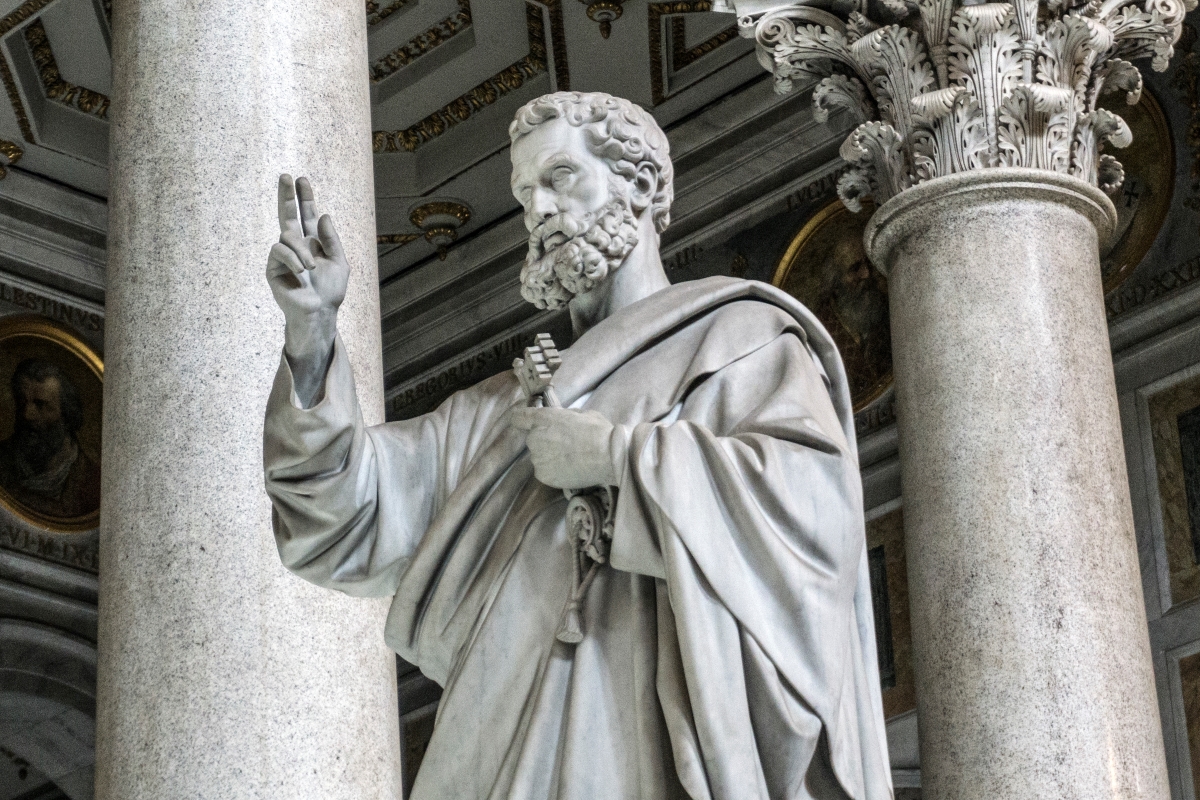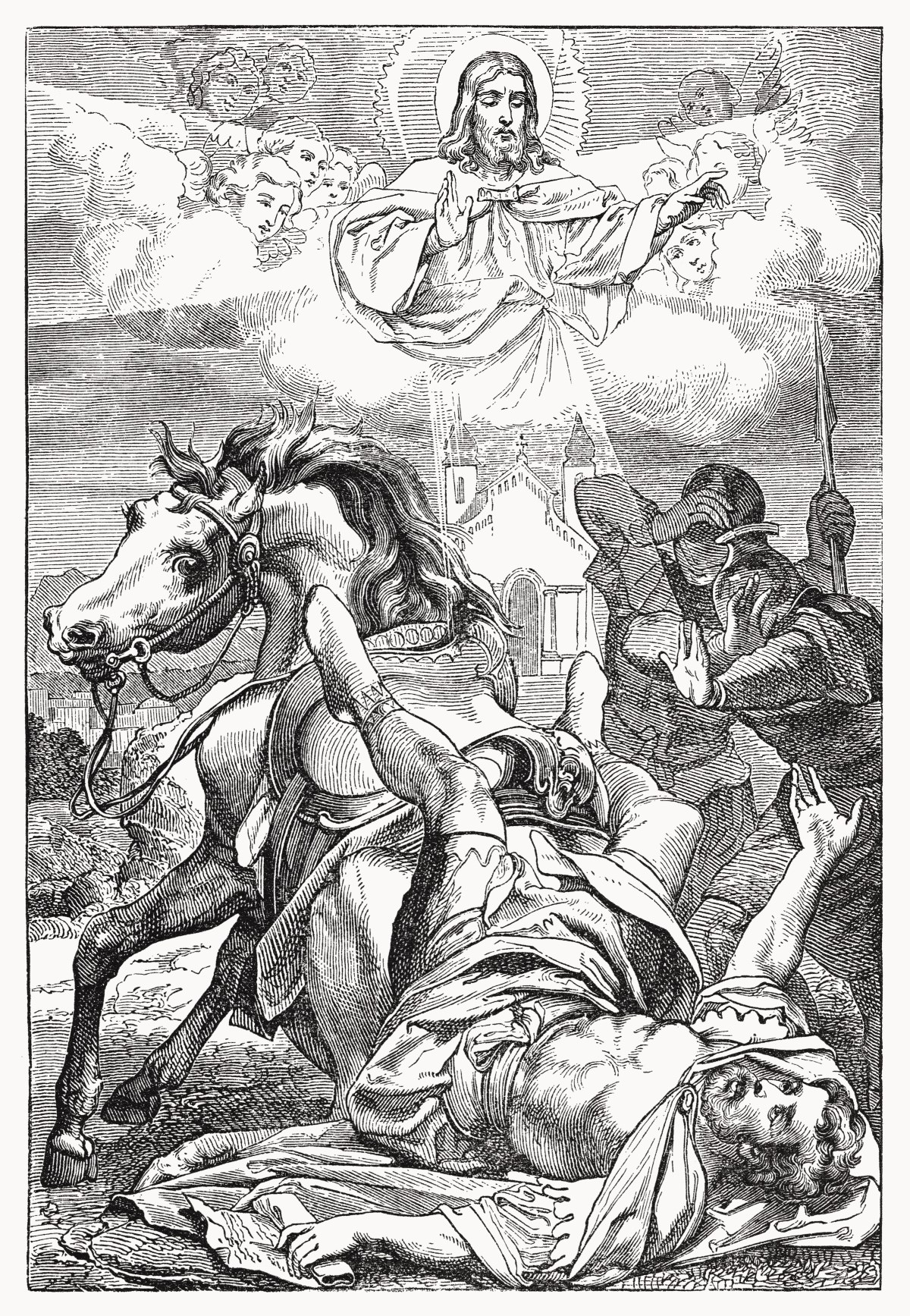The Conversion of Paul and its Impact on Christianity
May we follow Paul’s example of perseverance, boldness, and sacrifice in spreading the gospel to new generations.
The apostle Paul’s conversion was a pivotal point for the early Christian church. Born Saul of Tarsus, he was an avid persecutor of Christians until he met Jesus Christ on the road to Damascus. His encounter with Jesus changed Paul and inspired him to become one of the most influential evangelists and missionaries for the gospel.
Paul’s conversion and subsequent ministry provide valuable insights into the early church. The following post examines critical factors surrounding Paul’s conversion, how it impacted the growth of Christianity and lessons from Paul’s story that we can apply to our faith today.

Saul’s Background as Persecutor of Christians
Saul of Tarsus was a Roman and devoted Pharisee who zealously persecuted the early Christian church. Saul adhered strictly to the Mosaic Law and Jewish traditions as a Pharisee. He saw the teachings of Jesus Christ and his followers as a threat to traditional Judaism. The Bible records Saul’s presence at the stoning of Stephen, one of the first Christian martyrs, and notes, “Saul was consenting to his death” (Acts 8:1). Immediately after Stephen’s stoning, Saul “made havoc of the church, entering every house, and dragging off men and women, committing them to prison” (Acts 8:3). As a passionate defender of Judaism, Saul inflicted great suffering upon the early Christian community in Jerusalem.
The Damascus Road Conversion

Saul’s aggressive pursuit of Christians reached a dramatic turning point on the road to Damascus. He was on his way to Damascus to continue his persecution of Christians when a blinding light suddenly flashed from heaven. Saul fell to the ground and heard a voice saying, “Saul, Saul, why are you persecuting Me?” (Acts 9:4). When Saul asked who was speaking, the voice replied, “I am Jesus, whom you are persecuting” (Acts 9:5). Jesus instructed him to proceed to Damascus where he would receive further instructions. Saul was left blind from the intense light. He fasted and prayed in the city for three days, waiting to hear from the Lord.
The Lord then spoke to a disciple named Ananias, instructing him to lay hands on Saul to restore his sight. Ananias was understandably afraid since Saul had persecuted Christians in Jerusalem. But the Lord assured him that Saul was praying and had been chosen to carry the gospel to the Gentiles, their kings, and the people of Israel. Ananias went to Saul, laid hands on him, and said, “Brother Saul, the Lord Jesus, who appeared to you on the road as you came, has sent me that you may receive your sight and be filled with the Holy Spirit” (Acts 9:17). Saul’s sight was restored immediately, and he was filled with the Holy Spirit. He proceeded to be baptized and began proclaiming Jesus in the synagogues of Damascus.
Key Factors in Paul’s Conversion
Several vital factors surrounding Saul’s conversion experience are significant. First, it demonstrates the reality and divinity of Jesus Christ. By personally appearing to Saul, Jesus proved he was God’s resurrected Messiah and Son. Saul realized he had been persecuting the Lord. Second, it shows God’s power to save anyone, regardless of their opposition to the gospel. As a zealous church persecutor, Saul was an unlikely candidate for salvation. Yet God’s grace transformed his heart. Third, Jesus calling Saul to take the gospel to the Gentiles foreshadowed his future ministry reaching the nations. This outsider was chosen to take the good news to both Jews and Gentiles. Finally, the radical change in Saul after his encounter with Jesus is evidence of the genuine spiritual regeneration he experienced. His life was completely turned around.
Impact on the Growth of Early Christianity
After Paul’s conversion, his missionary journeys were instrumental to the rapid spread of Christianity in the first century. Paul had unique credibility with the Jewish leaders he engaged across the Roman Empire. They knew his past opposition to the church, making his testimony as a follower of Christ more impactful.
Paul also effectively communicated the gospel in a context Gentiles could understand, using language and metaphors familiar to them to explain Christian truths. He contextualized Christianity, teaching Jews and Gentiles that righteousness comes through faith in Christ, not works. This countered the legalistic tendencies of early Jewish believers.
On his missionary journeys, Paul focused on urban centers that allowed the gospel to spread across trade routes. His strategy was effective. As Paul spread the gospel across the Roman world, churches sprang up across geographic and ethnic lines. His evangelism and writings were vital to the growth of early Christianity from a small Jewish sect to a global movement.
Paul traveled thousands of miles establishing churches throughout Asia Minor and Europe. The 13 epistles he wrote to churches provided foundational theology and instruction for how believers should live. His writings make up a significant portion of the New Testament. His epistles provided doctrinal foundations on topics like grace, justification by faith, liberty in Christ, and the unity of Jews/Gentiles in one body.
Lessons for Christians Today

Paul’s background and conversion experience provide several important lessons for modern Christians:
1. God can save anyone. We should not think someone is beyond the reach of God’s saving power and grace, even if they adamantly oppose the gospel. Paul’s conversion encourages us to pray for loved ones who do not yet know Christ (or have moved away from their faith).
2. Christians should examine our hearts. Paul was zealously religious yet mistaken and opposed to the truth. We must ensure we walk truthfully according to God’s Word, not just mindlessly following religious traditions.
3. God can use anyone powerfully. Despite Paul’s past as a church persecutor, God transformed him into one of the most influential Christians ever. No matter our backgrounds, God can use willing hearts powerfully.
4. Outsider perspectives can help reach new people. As a Jew well-educated in Greek thinking, Paul was able to bridge cultural divides and communicate the gospel in fresh ways. We need outsider perspectives to reach our modern world effectively.
5. Transformation should be evident. Paul’s life displayed a dramatic change after his conversion. People around us should see the transforming work of the Holy Spirit.
Conclusion
The apostle Paul left an incredible legacy for Christianity. His background, conversion experience, tireless evangelism, and writings established the early church and greatly influenced its rapid expansion.
Examining Paul’s conversion encourages (and challenges) us to live out our faith today. Though times have changed, we serve the same Savior Paul served. May we follow his example of perseverance, boldness, and sacrifice in spreading the gospel to new generations.
SKM: below-content placeholderWhizzco for FHB

